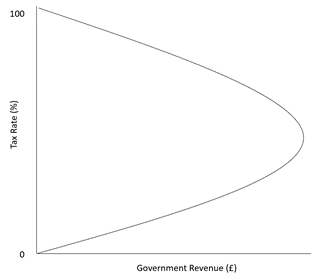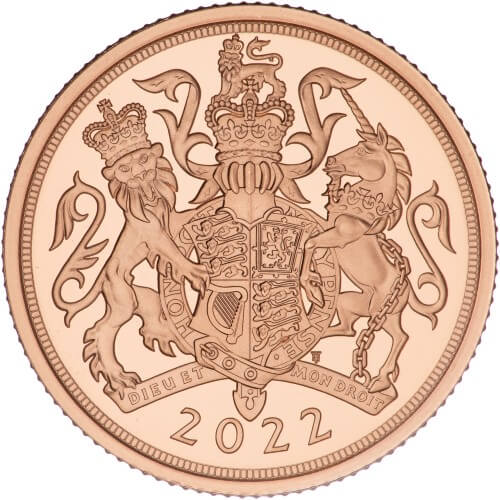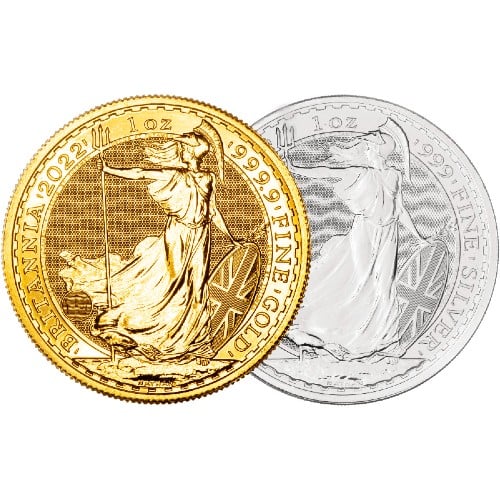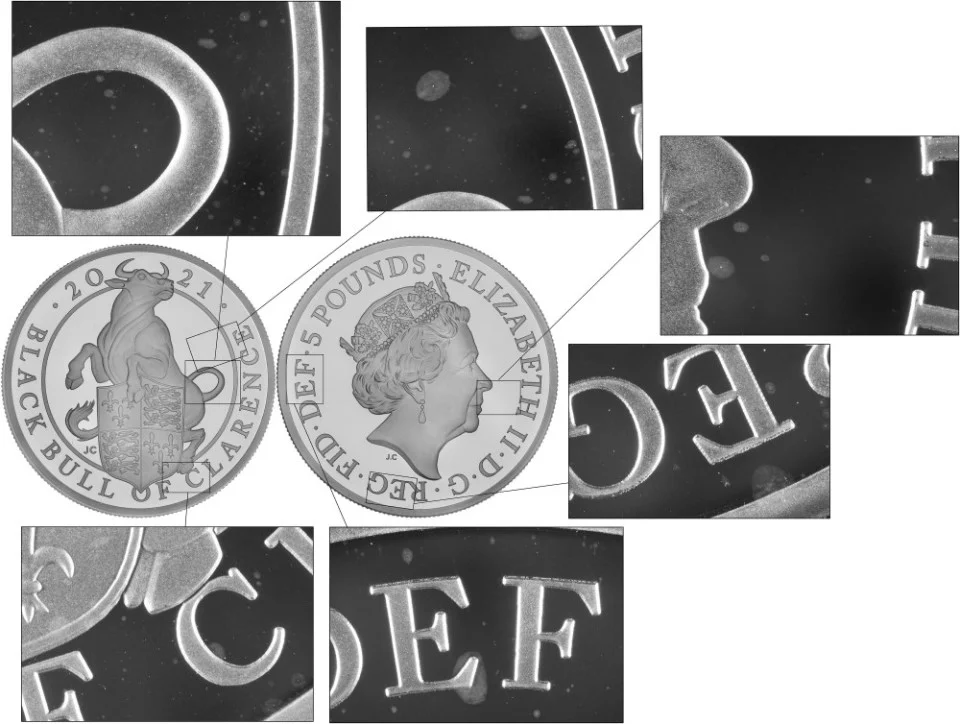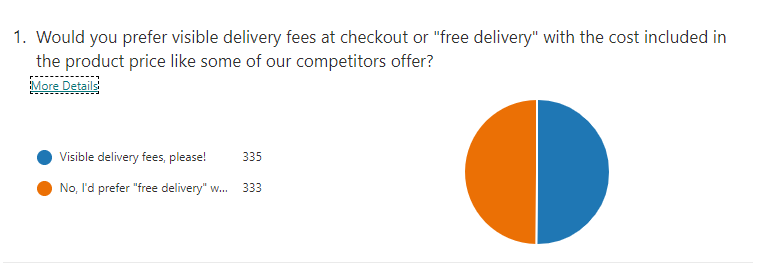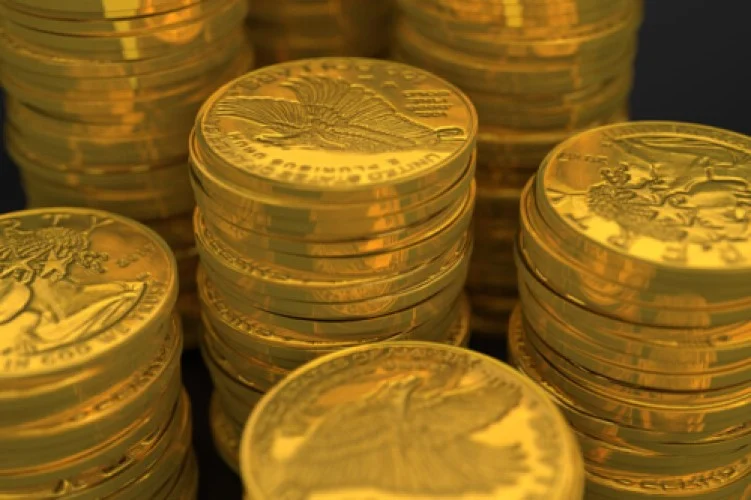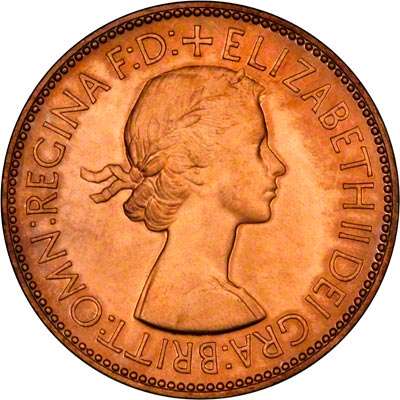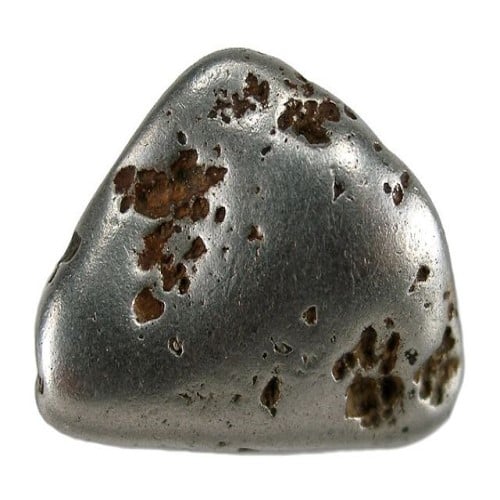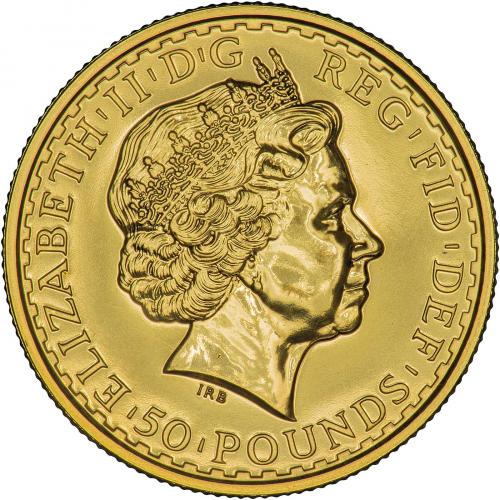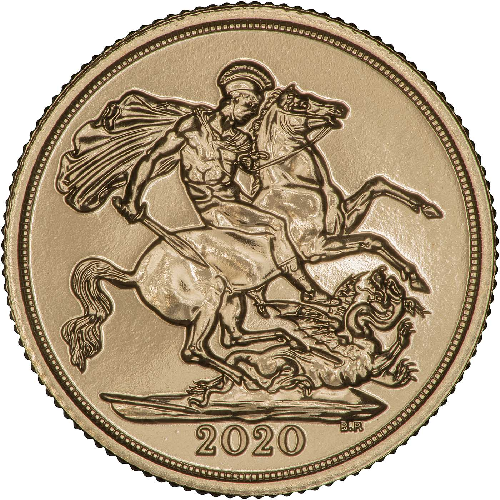Is Silver Exempt From Capital Gains Tax?
Synopsis
According to the British government, capital gains tax (CGT) is a levy on the profit when you sell (or dispose of) an asset that has increased in value. It is the gain you make that is taxed, not the amount of money you receive when you sell or transfer assets.
Silver bullion is exempt from CGT if it is pound sterling coins.
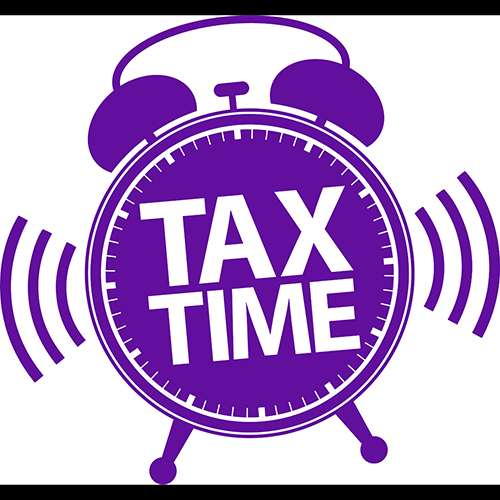
How Does CGT Work?
Currently, you are subject to CGT on the following:
- Personal possessions worth over £3,000 (except your car)
- Property that is not your main home
- Your main property that is used for business or commercial (lettings) use; or if it’s very large
- Non-ISA or Non-PEP shares
- Business Assets
- Cryptocurrency
- Swapping investments
CGT applies to any profit made over the allowance of £3,000. Any profit over this amount are subject to the following tax rates:
| Tax Bracket | CGT rates on assets | CGT rate on property |
| Basic rate payer | 10% | 18% |
| Higher or additional rate payer | 20% | 28% |
NB: CGT is only applicable to the profit you make, NOT on how much you sell for.
Can I Avoid Paying Capital Gains Tax?
Yes! We are quite happy to recommend ways of avoiding tax, which of course is different from tax evasion. CGT is applicable to gold and silver bullion but there are instances where that does not apply. Gold and silver coins that are pound sterling coins are NOT subject to CGT. This means for anyone with a surplus of gold sovereigns, gold half-sovereigns, gold or silver Britannias and the like are CGT exempt. Foreign coins, such as Krugerrands, are chargeable assets.
Another way of avoiding CGT is by splitting your sell-offs between financial years. For instance, if you do have stock of Krugerrands, it would be wiser to sell part in one financial year and the rest in the next financial year as long as you stay within the allowance.
Finally, losses in sales of assets affect the final calculation and can be using the total amount you have to pay in taxes.
Related Blog Articles
This guide and its content is copyright of Chard (1964) Ltd - © Chard (1964) Ltd 2025. All rights reserved. Any redistribution or reproduction of part or all of the contents in any form is prohibited.
We are not financial advisers and we would always recommend that you consult with one prior to making any investment decision.
You can read more about copyright or our advice disclaimer on these links.


